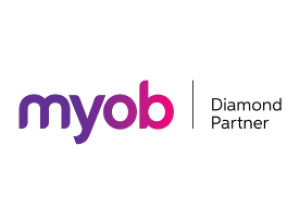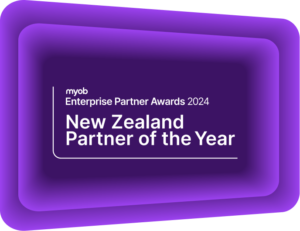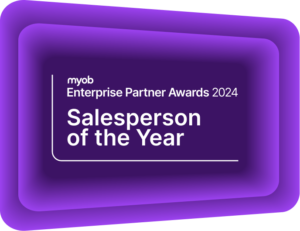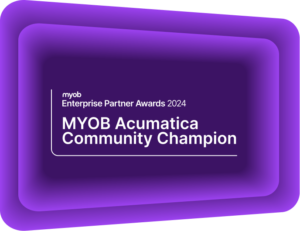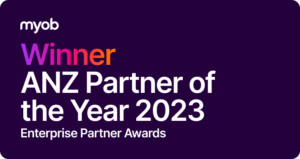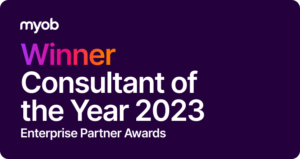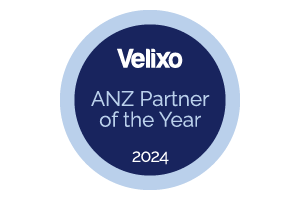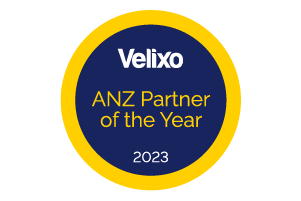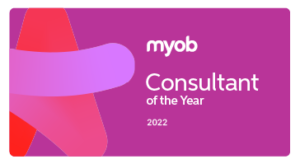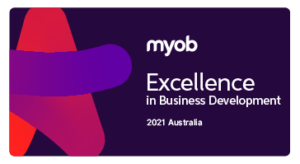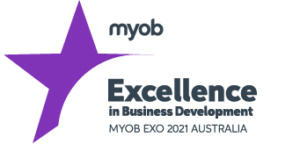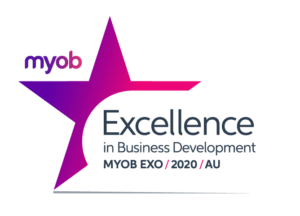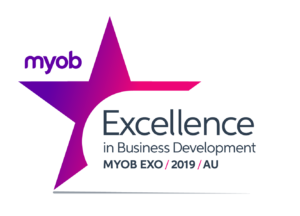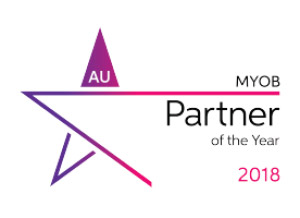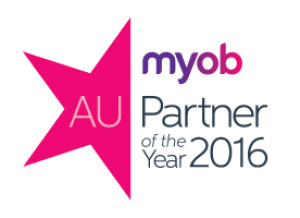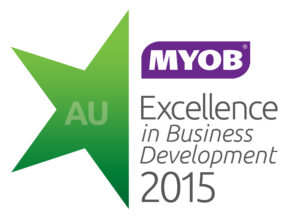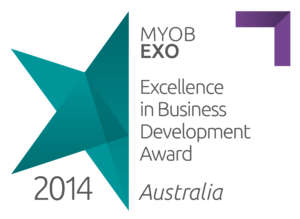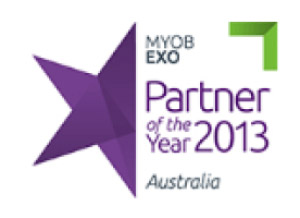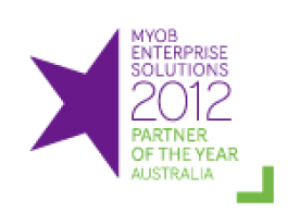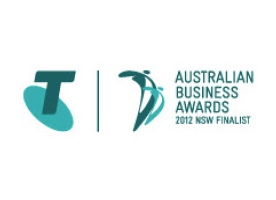5 trends driving financial change in the mid-market
Focus on the trends that will help you stay aheadFinance teams across the mid-market have been feeling the effects of changing market conditions. Perhaps under pressure to do more with less, these teams are now overseeing six or more functional areas of their organisation. This has increased by 50% since 2016.
These changes mean finance teams must balance their traditional workload and responsibility, such as monthly financial reporting and cost management, with new activities like providing financial advice or mentoring colleagues.
Financial leaders are developing new strategies to support their teams to handle these growing responsibilities. Continuing to focus on improving efficiency – and using new and emerging technology to do this – is the key step for modern finance teams to stay on top of their evolving workloads.
1. Automate tasks and direct focus to higher-level initiatives
Automating mundane, routine tasks where possible is the key to getting ahead of the growing responsibility of the modern finance team. Areas for specific focus should be:
- Removing manual data handling, entry, and manipulation,
- Data integration and consolidation between software systems, and
- Reports that are automatically generated and kept up to date with real-time data.
Automating these tasks frees up your team to implement new strategies.
2. Identify and deal with exceptions first
To achieve and maintain a single source of truth, businesses need to commit to implementing clear rules and standards for managing their data. Finance teams that run data-driven cultures are aware of ‘garbage in, garbage out’ and how they approach data consolidation and cleanliness.
Focusing on exceptions and exception reporting is an efficient way of maintaining database health. While automations for normal processes run in the background, teams can focus on validation and exceptions with more detail – allowing problems to be rectifying before becoming significant. Clean data leads to trusted results; anything less can undermine what your finance team offers to the organisation.
3. Detailed reforecasting is essential
Organisations that are flexible and adaptable to change are more likely to successfully navigate difficult environments. Monthly forecasting is crucial for identifying the impact of period-to-period changes and how to respond. According to the Australian and New Zealand Chartered Accountants technology survey, half of all respondents cannot easily do month-to-month cash reforecasting. Finance teams that have a strong grasp of reforecasting principles are able to steer their organisations away from disaster and stay ahead of the competition.
4. Analyse as much data as possible to make the best decisions
With the right data, advanced analytics help you go beyond financial measures to understand the operational performance of your entire organisation. Having instant and accurate insights at your fingertips helps finance teams to become trusted business advisors to their colleagues.
Knowing specific metrics tailored to your company’s set-up can be an effective way of driving incremental change or strategic decisions. Examples of data from across the organisation to analyse include:
- Measuring profitability of stock sold by volume (single, bulk, etc.) to recommend and implement competitive segmented pricing strategies for your sales team,
- Analysing the weight for both packages and distribution vehicles to help your operations team optimise fuel consumption, packing volume, and route planning, and more
A finance team that can drive efficiency improvement in addition to their regular workload will prove invaluable in the organisation.
5. App-stack consolidation
Mid-market businesses often use multiple software packages. Within the finance team alone, there may be upwards of 20 different systems for business intelligence, reporting, budgeting and forecasting, or financial modelling, all with different structures and overlapping data.
An ERP system is a single source of truth for all your organisation’s financial and non-financial data. Take advantage of integration to maintain your ERP as a central hub for data. However, you should also look for areas to consolidate or replace the functionality of third-party applications within your ERP or other applications. Consolidation simplifies your application stack and reduces the opportunity for manual data duplication across systems.
Bring MYOB data into a sophisticated analytics platform
Phocas is a Business intelligence and Financial Planning and Analysis (FP&A) platform that has supported Australian and New Zealand organisations in analysing their data for over 20 years. It helps improve data-driven decision-making across your entire organisation. Phocas gives you fast, easy access to consolidated data from multiple data sources, including your MYOB ERP.
Phocas is built on several connected modules that extend its scope as a business intelligence and financial planning & analytics platform:
- Analytics – a BI tool that connects your business around one central data source,
- Financial Statements – easily and accurately report on the financial health of your business,
- Budgets and Forecasts – A modern, intuitive planning tool that can handle complex budgeting,
- Rebates – an automated, self-serve tool that simplifies rebate management,
- Customer Relationship Management (CRM) – Connect sales analysis with tasks and activities, providing a clear view of your customers
The built-in budget models in Phocas allow finance teams to bring in as much complexity and detail as needed. And the continuous data flow makes it easier for finance teams to carry out driver-based budgeting based on data from across your business. Once the data is flowing, businesspeople can budget at every level and consolidate into a company-wide model.

Phocas Get to know the Phocas products Brochure
Download now5 Trends Shaping the Future of Financial Planning & Analytics
Watch this webinar recording to explore more practical strategies that are redefining Financial Planning & Analytics success. Learn how mid-market finance teams are leveraging MYOB data to make smarter decisions, improve agility, and streamline their processes for maximum efficiency.
Talk to us
Talk to the Kilimanjaro Consulting team to evaluate Phocas and how it can improve efficiency for your organisation. Phocas integrates directly with MYOB Acumatica and MYOB Exo to eliminate manual data duplication and empower your entire team with real-time insights.
Talk to our team by emailing samacs@kilimanjaro-consulting.com or calling 1300 857 464 (AU) or 0800 436 774 (NZ).

